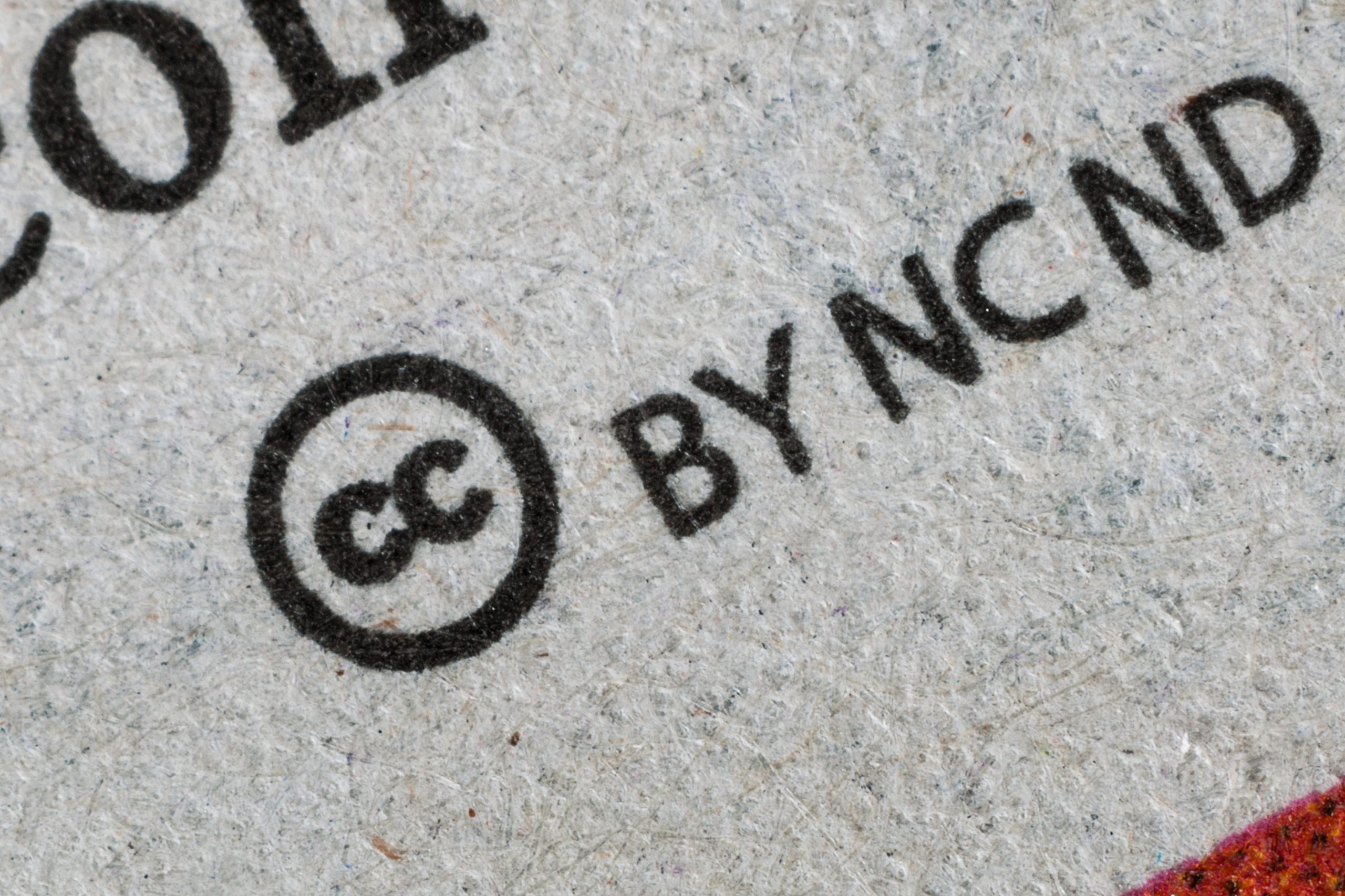When you’re first starting out, choosing the right domain name is one of the most important things you have to do – just as important as business name ideas. The right domain name will reflect well on your brand and increase your website’s visibility and search engine ranking. In this article, we will explore everything you need: From understanding what a domain name is and why it’s important to tips for choosing the perfect one, we’ve got you covered. We’ll explain how to come up with a good domain that’s catchy and memorable and also works for your business name.
We’ll also run through the technical stuff that may seem intimidating at first, like top-level domains (TLD) and keyword implementation. Plus, we’ll share valuable tools like domain name generators and checkers to make your decision-making process easier. We hope this comprehensive guide to finding the perfect domain name for your website will set you up for online success.

What is a Domain Name?
Your domain name is your unique website name that users enter in their browser to reach your website, appearing after the www. It acts as the online identity for your brand or business and should be unique, memorable, and relevant to your business. Domain names are registered and managed through domain registrars. Domain registrars are companies that act as an intermediary between users and the domain name system (DNS) by providing the service of domain name registration.
They allow you to search for and purchase available domain names, renew your domain registration and transfer ownership. They also maintain a database of registered domain names and their corresponding information, ensuring that each domain is unique and properly assigned to its owner.
Why Choosing the Right Domain Name Is Matters
Choosing the best domain name you can is essential for creating a strong online presence that resonates with your audience. You want your domain name to be distinctive and meaningful. Choosing a domain name that matches your brand can also enhance your online presence and help you draw in a larger audience and potential clientele. Your domain name should be easy to spell and pronounce, but it’s also beneficial to incorporate relevant keywords to improve Search Engine Optimisation (SEO). And finally, before purchasing your domain name, ensure you check for any trademark conflicts to avoid potential legal complications.
10 Tips for Choosing a Domain Name
Choose Top-Level Domain Names
When choosing your domain name, there are a few important elements to consider. First, you want to choose a domain name with a top-level domain (TLD). A TLD is the last segment of a domain name, such as .com or .org, that categorises and organises websites on the internet. Examples of TLDs include .gov for government entities and .edu for educational institutions. Choosing a domain name extension that ends in. com is always preferred for a business. This instantly establishes credibility and professionalism, and potential customers will find it more trustworthy. Also, most phones these days have a “.com” key, which makes it easier to type your domain name.
If your desired domain is already registered with the .com ending – don’t worry. Your domain name doesn’t have to have .com – there are other options that also lend credibility to your website, like .au and .org. While having an extension like .biz might seem tempting, users are much less likely to trust it and, therefore, less likely to click. Other domain name extensions have specific uses, so make sure you choose one that suits your business. Having the right TLD can leave a lasting impression, improve your search engine ranking and solidify your online presence, so finding a balance between creativity and functionality is important.

Make It Simple, Short and Brandable
Good brandable domain names are short and easy to spell. Ensure you can picture your domain name on the back of a t-shirt – it should be catchy and easy to remember. Additionally, choosing a domain name that’s easy to type into the browser reduces room for error, increasing user-friendliness. Avoiding complex and uncommon terms also helps make your domain name more memorable.
In the same vein, longer domain names and domain names with hyphens, double letters and numbers are all to be avoided. They can create confusion and make it harder for people to find your website. Think about how easy it would be to share your domain name in conversation as well as in writing. If your domain name is long and complicated, this will be much harder. Anybody visiting your website should be able to type your domain name without a problem. Instead, choose a domain name that not only fits your business but is simple and easy to type.
Watch Out For Trademarks
When registering a new domain name, watch out for existing brand names and potential trademark issues because using a trademarked name can result in the potential loss of your domain and even legal consequences. You should perform a comprehensive trademark search of your potential domain name before you register it using online databases or seek guidance from an experienced intellectual property attorney. By doing so, you can establish a unique and original online presence for your brand or business without infringing on existing trademarks. To protect your own brand, you might also want to consider purchasing various domain extensions, as well as misspelled versions of your domain name.

Implement Targeted Keywords
Incorporating targeted keywords in your domain name plays a big part in optimising your website for search engines. Having a domain name with keywords ensures that your website appears more relevant to users searching for specific topics or products. Conduct extensive keyword research to identify popular and relevant keywords related to your business, industry, or niche. Choose a keyword that accurately represents the nature or purpose of your website, such as “travel” or “fashion.” However, avoid the temptation to stuff too many keywords into your domain name, as this can harm your SEO efforts instead – known as ”keyword stuffing.” Instead, focus on keeping the domain name concise, memorable, and aligned with your brand identity and business goals.
Balance Creativity and Availability
When it comes to picking the right domain name, finding the right balance between creativity and availability is key. You want a domain name that reflects your brand or business while also being easy to remember and spell. To recap: Avoid using numbers, hyphens, or uncommon characters, as they can confuse potential visitors. Focus on incorporating relevant keywords into your domain name to make it stand out. These keywords should be related to your industry, as this can help improve your website’s SEO. And lastly, make sure to research and check the availability of the domain name you want.
It’s also always a good idea to use a reputable domain registrar for a seamless purchasing process. By striking the right balance between creativity and availability, you can pick a great domain name that aligns with your brand and attracts potential customers.
Research Social Media Possibilities
Researching social media possibilities is another important step when selecting the perfect domain name. Along with finding the right domain name, you’ve got to consider its availability as a handle on social media platforms. By checking if your desired domain name is available on popular platforms like Facebook, Instagram, Twitter, and LinkedIn, you can ensure consistent branding. Using the same name across the board makes it easier for users to find you online. Having the same or similar domain name and social media handles helps enhance recognition and brand identity. So, make sure to do thorough research on social media possibilities before finalising the domain name for your business.

Check the Domain’s History
Before you register a domain name, check its previous history to avoid any potential issues. You wouldn’t want to buy a domain name with a checkered past, as it could hurt your reputation. Conducting a thorough investigation will help you make an informed decision. Tools like Wayback Machine provide insights into how the domain was previously used and its overall reputation. Look for any signs of spamming, blacklisting, or penalties from search engines, as these can impact visibility and ranking. Additionally, it’s important to ensure that the domain’s past content aligns with your intended use. Reach out to the previous owner if possible, as they may have valuable information. Overall, by checking the domain’s history, you can avoid any potential red flags and confidently choose a domain name.
Use a Domain Name Generator
Domain name generators can be highly valuable tools if you’re stuck on how to pick a domain name. By entering relevant keywords related to your business or website, these online tools can generate creative and unique domain name ideas. Not only do they suggest available domain name examples, but they also provide variations, alternative extensions like .net or .org, and even synonyms or related words that might inspire you. This can save you valuable time and effort, streamlining the brainstorming and research process. Remember, though, that while these generators are fantastic resources, it’s essential to consider factors like brand-ability, relevance, and memorability when ultimately selecting your perfect domain name.
Make It Relevant to the Site Content
When it comes to choosing a domain name, one of the most important factors is making it relevant to your site content. Your domain name should accurately reflect the purpose or theme of your website, helping visitors instantly understand what your site is all about. It’s wise to avoid using numbers, hyphens, or special characters in your domain name as they can confuse visitors or make it harder for them to remember. Instead, opt for a short and easy-to-spell domain name that clearly conveys your site’s essence. Incorporate keywords that are relevant to your industry or niche to enhance search engine optimisation and attract potential customers. Additionally, it’s good practice to check the availability of your chosen domain name across different domain extensions (.com, .net, .org, etc.) to ensure it aligns perfectly with your site content and goals.
Domain Name Checker
A domain name checker tool is a helpful resource for your domain search. It allows you to search for available domain name options across a variety of top-level domains, such as .com, .org, and .net. By utilising this tool, you can quickly determine if your desired domain name is already registered or if it is available for you to claim. It’s the perfect tool if you’re having trouble finding an available name. With just a few clicks, you can discover the availability of your preferred domain name, avoiding potential conflicts with trademarks or existing websites. Take advantage of this tool to find a domain name that accurately represents your brand, is easy to remember, and leaves a positive first impression on potential customers.
Purchase the Domain in Advance
To ensure a smooth website launch and establish a strong online presence, make sure your domain name is purchased in advance. By planning ahead and securing the best domain for your website, you can make a lasting first impression on potential customers. This ensures you don’t lose your domain name to someone else purchasing it first and sets the foundation for success. If you don’t already have a web hosting service, some providers will allow you to get a free domain name upon signing up.
Frequently Asked Questions
Can a domain name affect my website’s search engine ranking?
Indeed, the choice of your domain name can impact your website’s search engine ranking. A relevant and keyword-rich domain name can boost your visibility in search results. Avoid using hyphens or numbers as they may confuse users and search engines. Additionally, select a domain extension (.com, .net, .org) that aligns with your target audience and industry.
Can I change my domain name after I have already registered it?
Yes, it is possible to change your domain name after registration, but it can be a complex process. It may involve transferring website content and setting up redirects. Changing your domain name can impact SEO and temporarily reduce traffic. It’s advisable to choose the domain you want carefully upfront to avoid the need for changes later on.
Are there any restrictions or guidelines for domain names based on industry or location?
There are no strict restrictions or guidelines for domain names based on industry or location. However, we recommend you choose a relevant domain name for your site and avoid using trademarked names or confusing terms. Including industry or location keywords in your domain name can help improve SEO.
Should I choose a .com domain, or are there other options that may be better suited for my website?
While .com is the most popular domain extension, there are other options to consider. Country-specific extensions like .co.uk or .de are ideal for targeting specific geographic locations. Industry-specific extensions like .tech or .store can be used for niche websites. The best domain extension depends on your target audience and branding goals.
Conclusion
Choosing the right domain name is crucial for your online presence and brand identity. It not only represents your business but also impacts your SEO rankings and overall success. With our tips for choosing a domain name, you can make an informed decision that aligns with your goals and resonates with your target audience. A well-chosen domain name can set you apart from the competition and leave a lasting impression on potential customers. You can read more about web hosting and Search Engine Optimisation on our site if you want to learn more.



